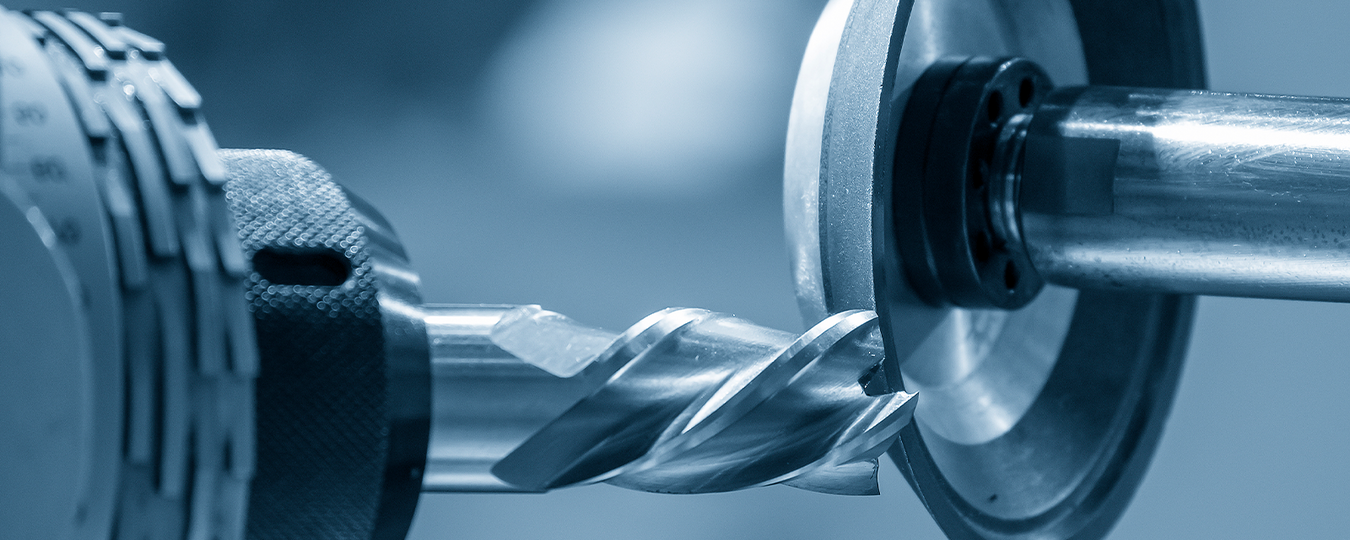
PRECISION GRINDING TECHNOLOGY
From prototyping to high volume production, BAUCOR® provides highest quality technical expertise and capabilities in manufacturing your cutting tools.
Baucor specializes in designing and manufacturing customized blades and saws with an unwavering commitment to precision and reliability. We achieve excellence by collaborating with R&D surgeons, medical device engineers, and industry partners. Our primary objective is to help surgeons achieve the best possible patient outcomes and advance the field of cardiovascular surgery.
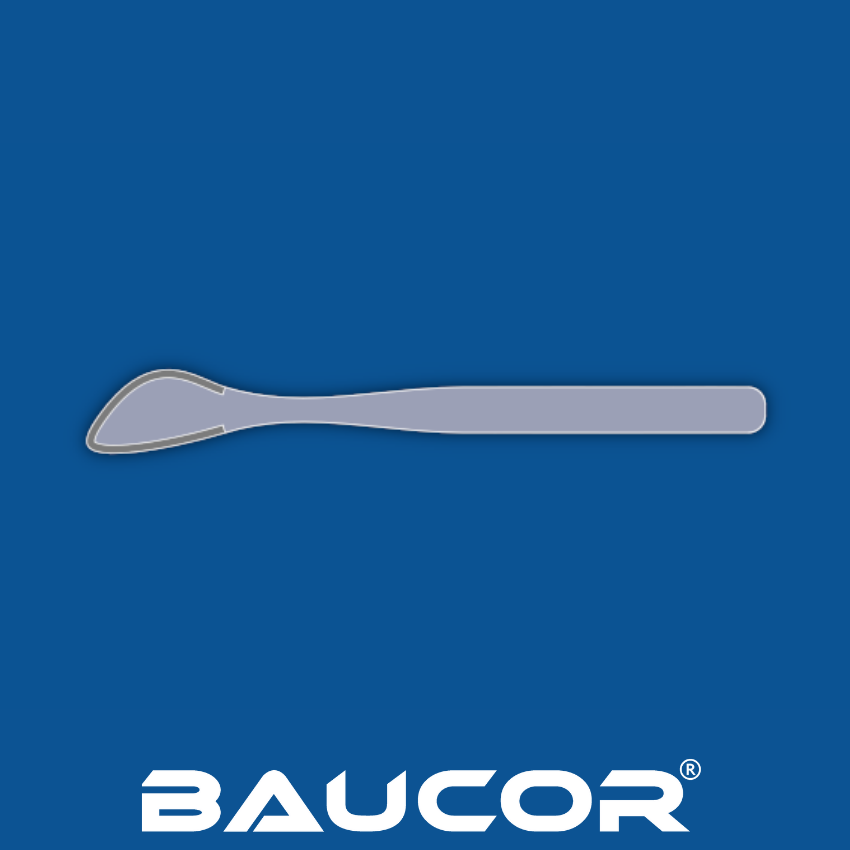
Cardiovascular surgery is a critical branch of medicine that addresses disorders of the heart and blood vessels. It encompasses many procedures, from valve replacements to coronary artery bypass grafting (CABG). The precision required for these procedures involves using surgical instruments of unparalleled accuracy. Custom blades play a pivotal role in this procedure, enabling surgeons to navigate the complexities of the human heart with the utmost precision.
Baucor supplies an extensive selection of custom-made surgical blades that respond to the requirements of various cardiovascular procedures such as heart surgeries, angioplasties, or other related processes.
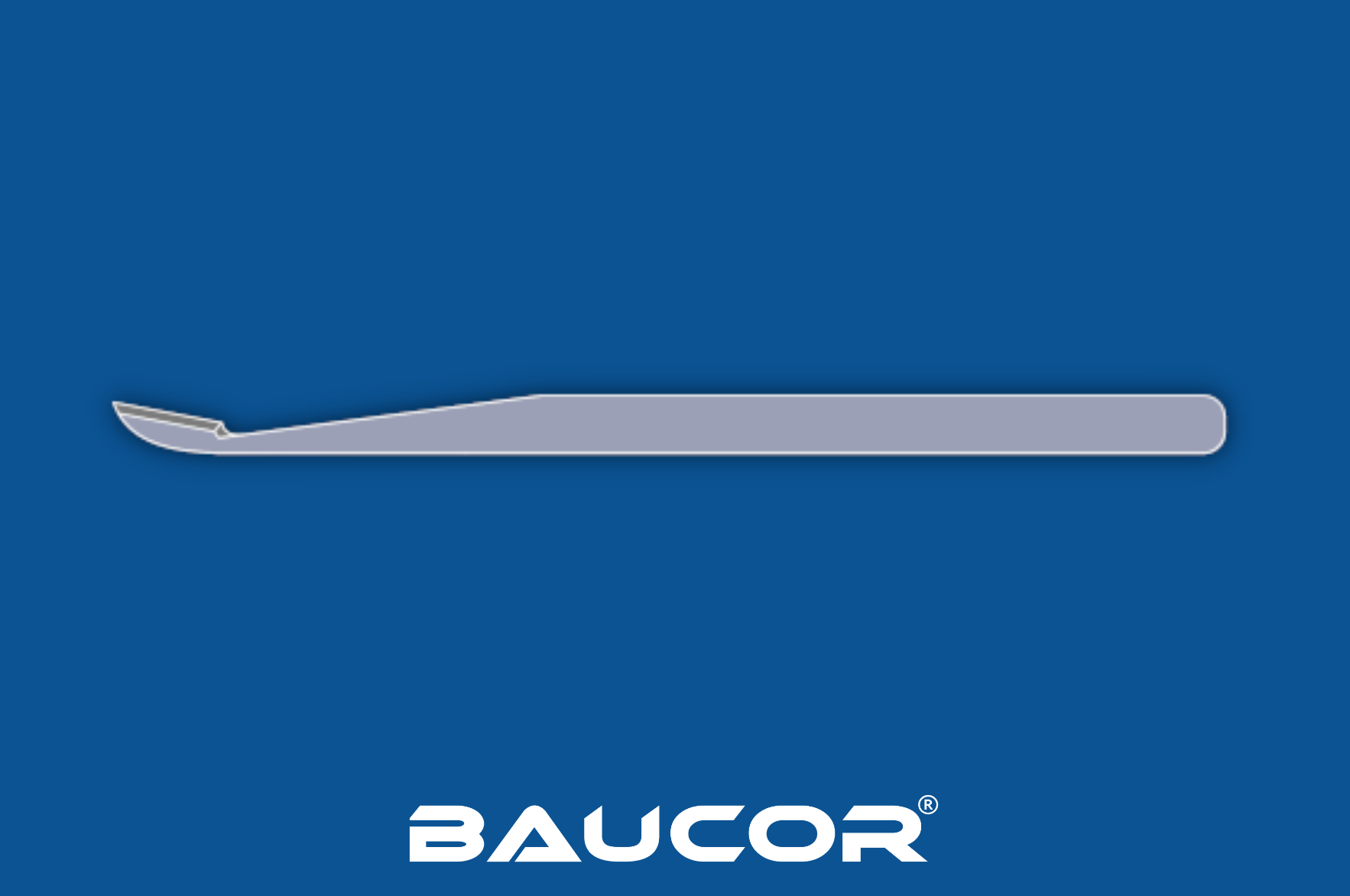
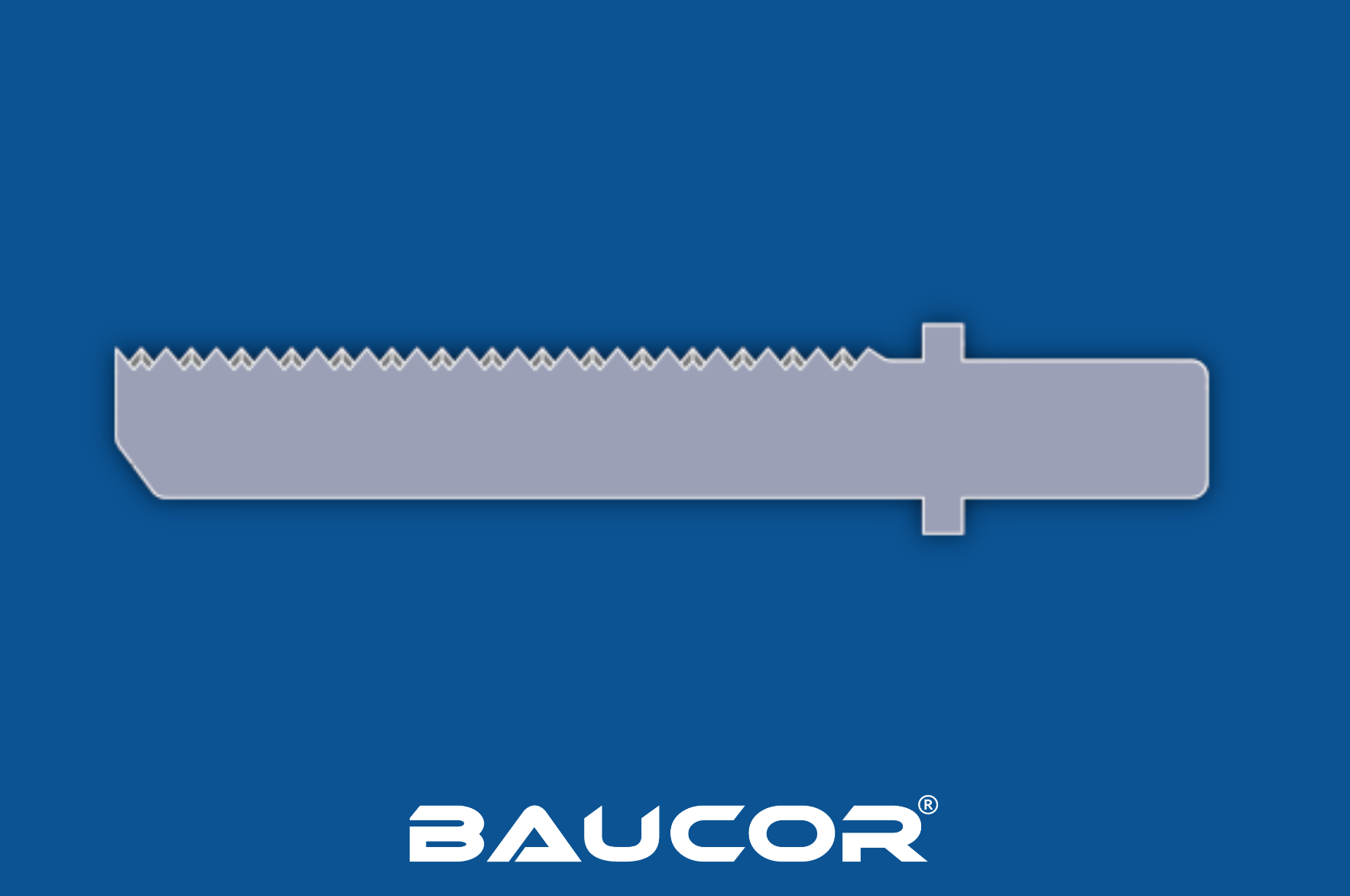
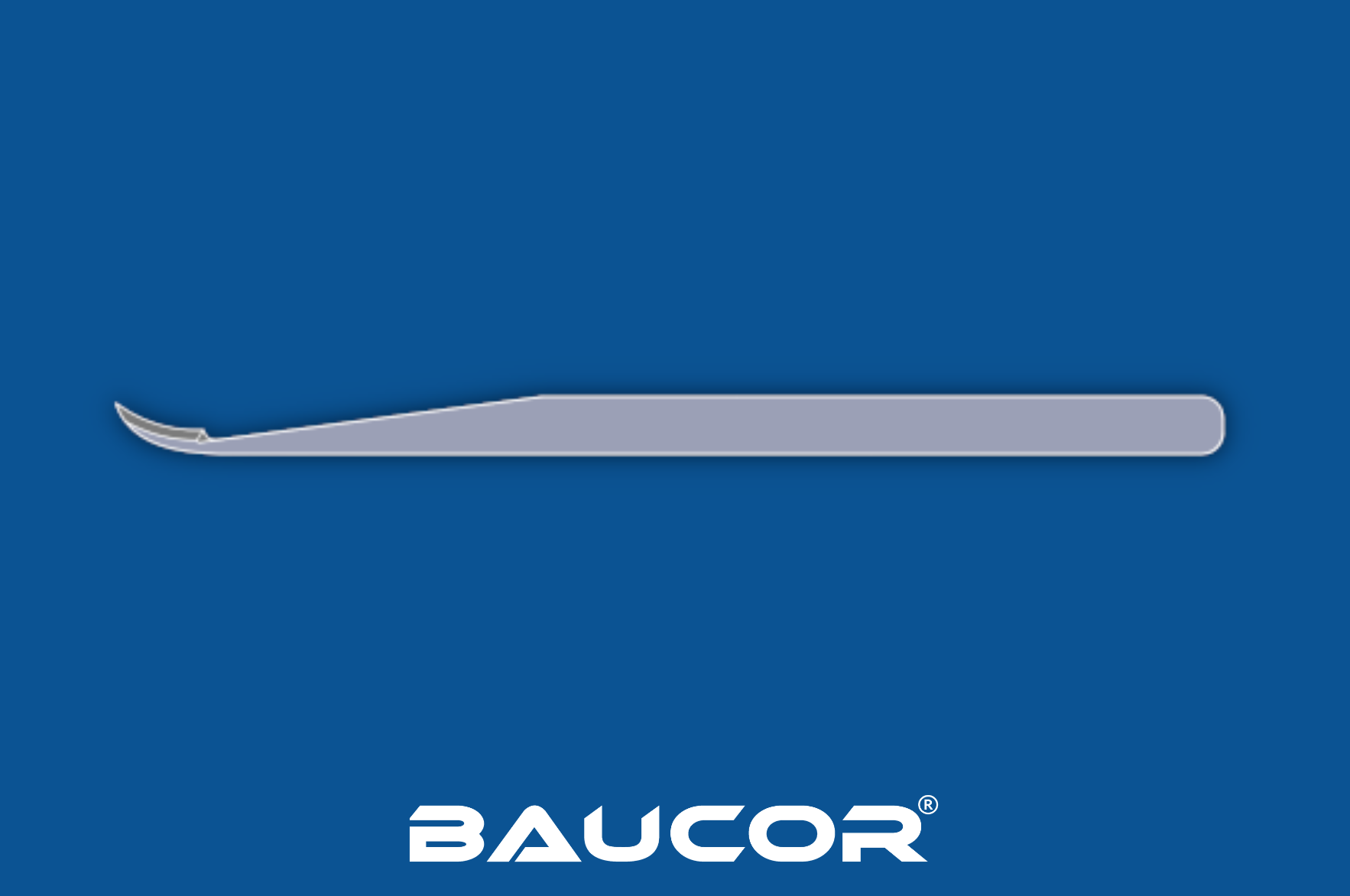
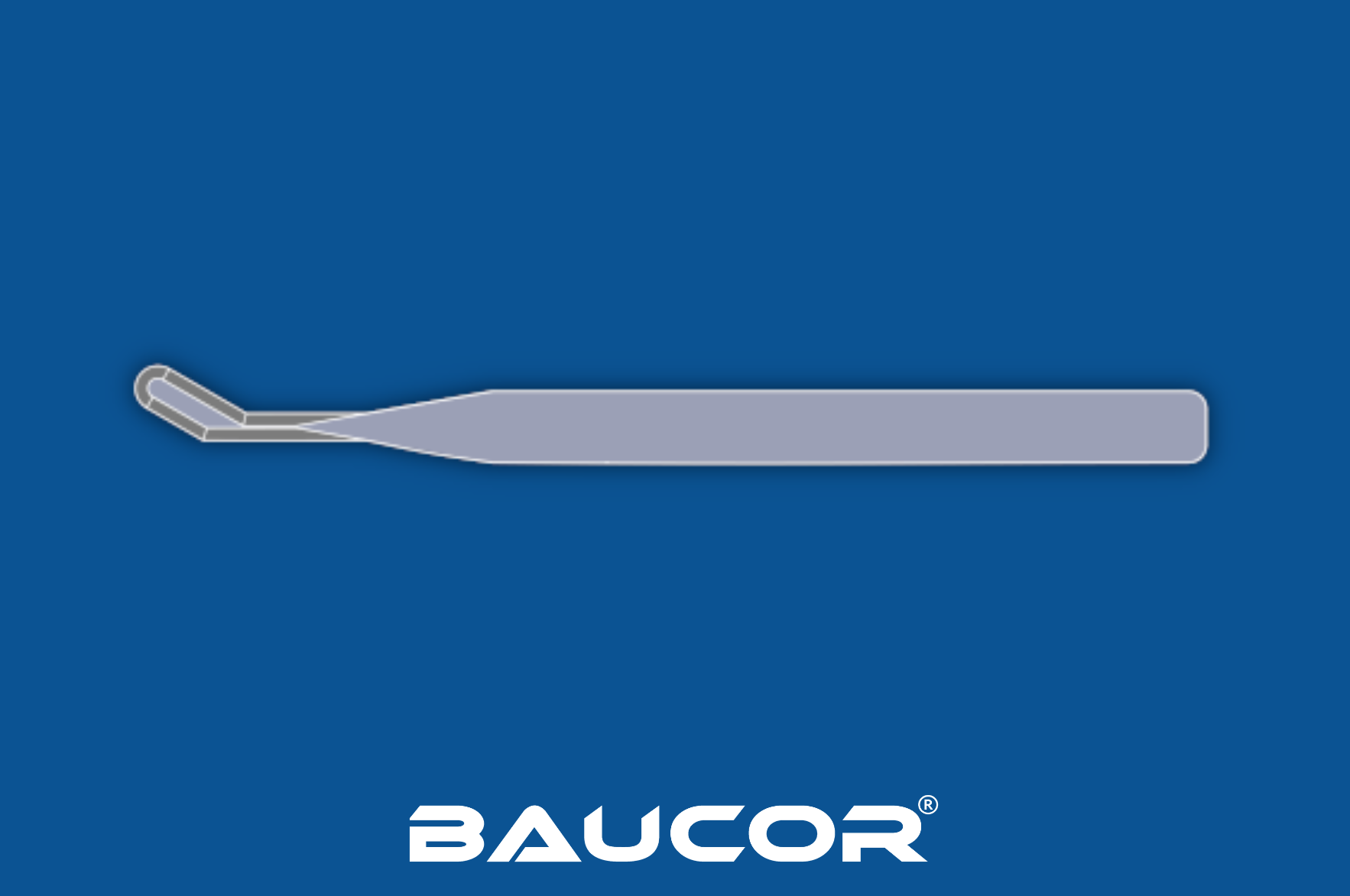
Performing a cardiovascular requires a meticulous approach where surgeons delve into the intricacies of the cardiovascular system. This involves a comprehensive examination of the complexities of the cardiovascular system. Surgeons need to possess a significant degree of expertise and precision to navigate the cardiovascular system with precision and accuracy and achieve optimal results. The procedure relies on advanced surgical techniques and equipment to ensure the highest precision and success.
Before cardiovascular surgery, the surgeon thoroughly evaluates the patient's condition, using MRI or CT scans, specific tests, and a medical history review to assess their suitability for the procedure. The surgeons might recommend nonsurgical interventions such as medication and physical therapy depending on the patient's condition.
The patient is given general anesthesia during the surgery to ensure comfort and safety. The cardiovascular surgeon then uses surgical blades to create an incision to access the targeted area and perform the necessary treatment. Cardiovascular surgery depends on the specific nature of the cardiac condition.
Below is an overview of standard cardiovascular surgical procedures:
1. Minimally Invasive Procedures:
Advancements in cardiovascular surgery allow for less invasive approaches to certain cardiovascular surgeries. Minimally invasive procedures often involve smaller incisions, specialized instruments, and advanced imaging technologies. These procedures aim to reduce postoperative complications and recovery time.
2. Aneurysm repair:
Aneurysm repair addresses damaged areas in the blood vessels, preventing the risk of rupture. This procedure can use open surgery or endovascular techniques such as stent grafts, which reinforce or replace weakened vessel walls. It is a critical procedure in preventing life-threatening complications associated with vessel ruptures.
3. Valve Replacement or Repair:
Valvular surgery involves the replacement of a damaged heart valve with a prosthetic valve or repairing the existing one. Depending on the complexity of the valve condition, the surgeon may use open-heart surgery or minimally invasive techniques. This surgery is crucial for patients whose heart valves are not functioning correctly, as it can help enhance their quality of life and prevent further complications.
4. Coronary Artery Bypass Grafting (CABG):
Coronary artery bypass grafting improves the heart muscle by bypassing narrowed or blocked coronary arteries. During this procedure, the surgeon transplants a healthy blood vessel from the chest or leg to redirect blood flow. It is crucial in treating coronary artery disease and reducing the risk of heart attacks.
5. Congenital Heart Defect Repair:
Surgery is often required to correct structural abnormalities present from birth. The approach used to correct the condition varies depending on the specific congenital disability and may involve repairing heart chambers, closing septal defects, or reconstructing abnormal blood vessels. Congenital heart defect repair aims to improve overall heart function and address potential complications associated with congenital heart defects.
6. Heart transplant:
If the patient experiences severe heart failure, surgeons may recommend a heart transplant as a treatment option. Heart transplantation is a life-saving option reserved for patients with end-stage heart failure. In this procedure, surgeons replace the patient's heart with a healthy donor heart.
After the surgical procedure, the incision is carefully sealed, and sterile dressings are applied to the treated area to promote faster healing and prevent infections.
Baucor seamlessly engages with cardiovascular surgeons, medical device engineers, and industry partners to develop custom blades that contribute to the evolution of cardiovascular surgeries. This approach ensures that our blades remain at the forefront of innovation, aligning with the latest advancements in cardiovascular surgery. We offer consulting services, including conceptual design, drafting, CAD design, rapid prototyping, analysis, simulation, and application engineering services such as fabrication, coating, and quality control.
Baucor adheres rigorously to quality assurance and regulatory protocols to ensure the highest quality products. Each custom-made blade undergoes astringent testing to meet or exceed industry benchmarks. Surgeons trust our products' reliability and performance due to our commitment to regulatory compliance.

Small or large, BAUCOR® manufactures all types and shapes of precision circular blades in nearly all materials available in the market.

Whether it is 5mm or 2500mm long, BAUCOR® has the right capacity and advanced capabilities to manufacture precision industrial blades.

Did you know that BAUCOR® has manufactured tens of thousands of precision punch blades? Get your quote today!

Manufacturing custom industrial blades is no easy task that anyone can handle. That's why BAUCOR® is here to help!
At Baucor, we recognize the criticality of precision and accuracy in cardiovascular surgery. For this reason, we use only top-notch materials to ensure that our blades and saws meet and surpass quality and performance standards.
We offer the following materials for surgical blades:
A medical blade can make the following cuts:



Medical incisions may require various blade shapes based on specific surgical needs.













Cardiovascular surgery is an intricate and delicate surgical procedure that requires advanced techniques and tools, including custom-made blades explicitly designed for the process and tailored to the surgeon's preferences and requirements. Baucor is committed to supplying high-quality custom blades that meet and surpass the standards required in the field by collaborating with industry partners to ensure excellence.
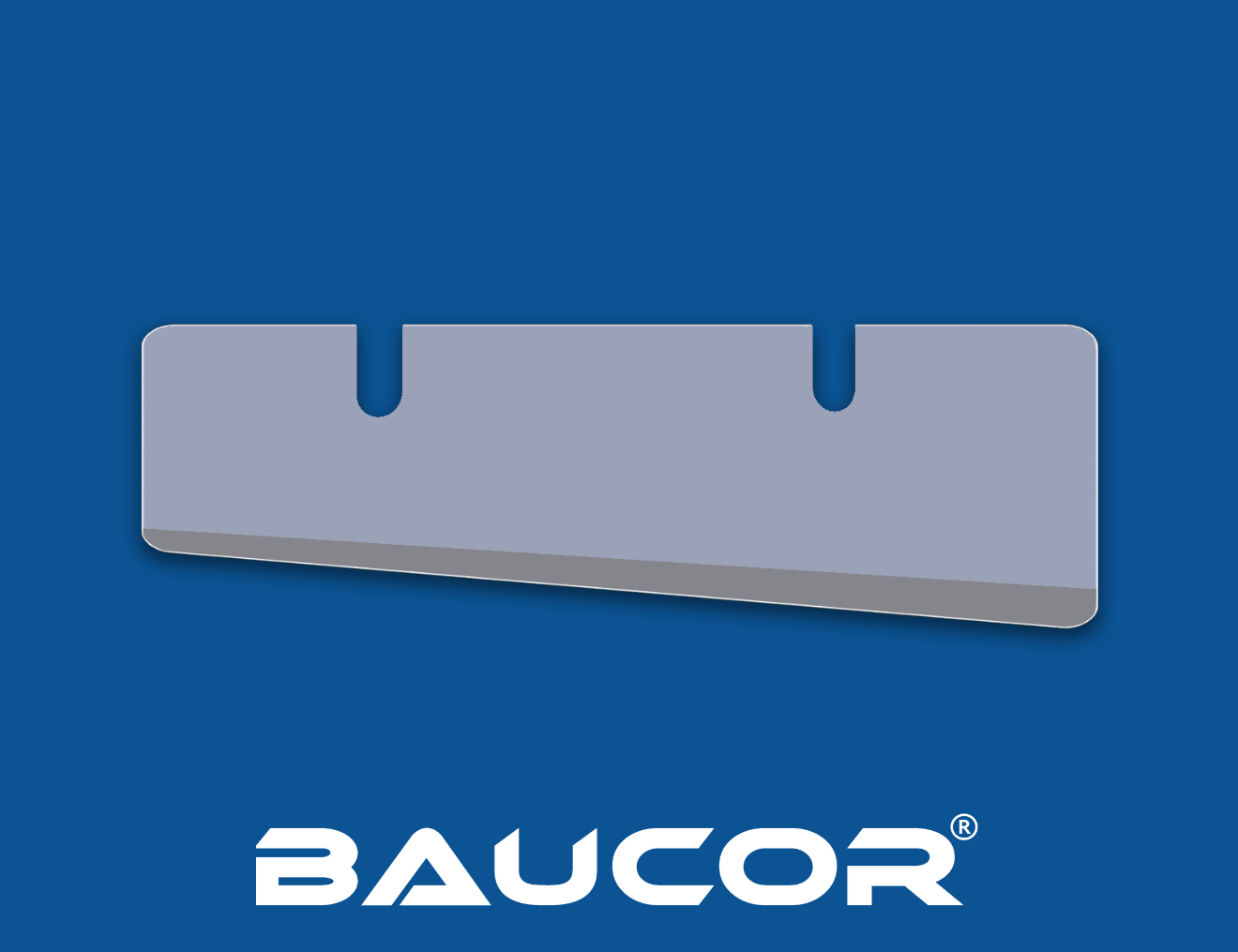
BAUCOR® manufactures razor and straight blades as small as 5mm and as large as 2500mm.

Punch blades must be made to exact specs. Turn to BAUCOR® just like thousands of customers around the world.

Whether you need circular slitter blades or flat slitter blades, BAUCOR® is here to turn your design into precision part.

BAUCOR® manufactures precision top quality toothed blades in all shapes and form.

Need to make a slit or cut through your material as precise as possible? BAUCOR® pointed blades are of highest quality in the market.

Top and bottom shear and slitter blades from BAUCOR®.

American or European style! BAUCOR® has the correct holder for you!